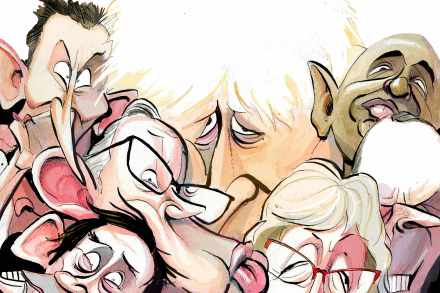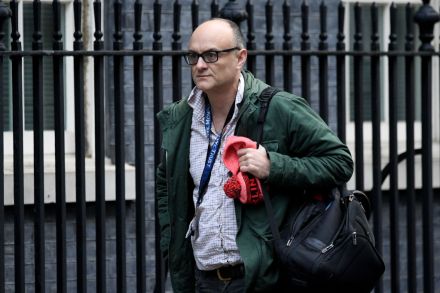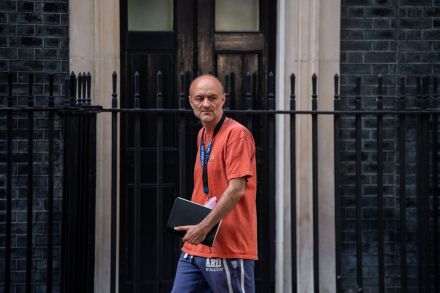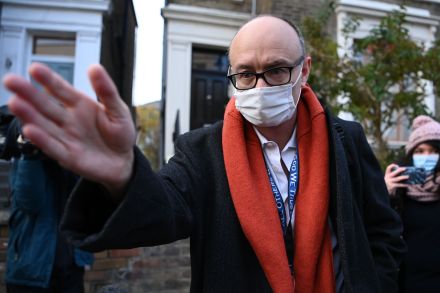The truth about the government and ‘herd immunity’
I spent much of the 1980s and 1990s reporting on company chief executives who didn’t understand the distinction between mine and theirs. They enjoyed lavish lifestyles — company flats, art collections, huge expense accounts — without the owners of the company (you and me through our pension funds) having a clue. Then came the corporate governance revolution, and much of this was cleaned up. So I had déjà vu earlier this week when reporting that the Tory party had loaned tens of thousands of pounds to lavishly decorate and refurnish the PM’s home in Downing Street. Maybe Tory donors and members think this is an appropriate use of their money.




















